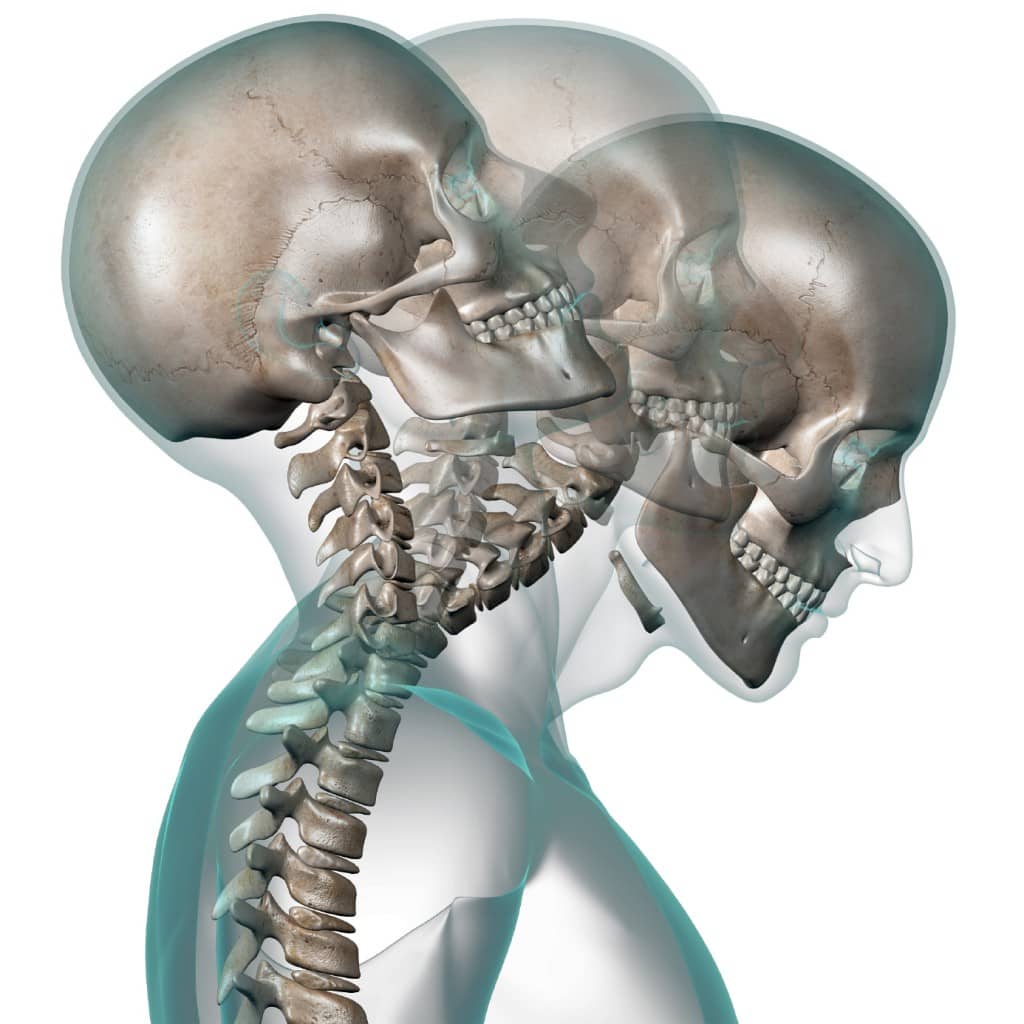Teaching Teens Safe Driving
You’ve got a kid who is about to get their driver’s license, or maybe recently passed the driving exam. For a lot of parents, this is cause for nail biting and late night pacing, worrying if your child will be involved in an accident. It’s no secret that younger drivers are more likely to get hurt when behind the wheel. Auto accidents are the number one killer of teens. Although drivers under 20 years of age were involved in 13% of accidents, they only account for 5% of all drivers.So, what can you do as a parent to ensure good driving habits in your teenage kid?The answer is pretty easy, actually. Be a good role model!A recent Parent & Teen Safe Driving Survey by Travelers Insurance Company revealed that teens who feel their parents are positive role models as drivers are 50% less likely to be in an automobile accident. The survey also concluded that an overwhelming 96% of teens had conversations with their parents about safe driving.This comes as great news, right? Being a positive role model and communicating are simple, convenient ways to shore up your child’s driving habits and make those formative years on the road a whole lot safer.
Model Behavior
Your teen can develop solid gold driving habits when you model and discuss these behaviors:
- Defensive Driving – Teach your child to anticipate other drivers’ mistakes. Nearby vehicles may stop, slow down, speed up or turn unexpectedly, potentially causing an accident. The defensive driver will learn to expect the unexpected and alter their behavior beforehand to avoid danger.
- Automobile Maintenance and Safety – Some states require annual vehicle safety inspections, and maybe you are diligent about keeping up with regular car maintenance. Despite this, mechanical problems can still befall us. Teach your teen to be on the alert for any strange sounds or unusual mechanical or electrical behavior and report it immediately. Let them know catching a problem early can prevent costly and catastrophic parts failure.
Bonus Tip: All drivers, including teens, should learn some basic do-it-yourself maintenance, which you can find on our Car Safety Checklist.
The Big No-Nos
Another way to set a good example is by not doing certain things. Distracted or impaired driving should be avoided and discussed with teen drivers as something that never, under any circumstances, should be done.
- Distracted Driving – This term is mostly used to describe using the phone while driving – and studies time and again show that it is a widespread and serious danger. In fact, a Mobile, Alabama jury recently convicted a man for manslaughter for texting while driving. Any behavior that removes the driver’s attention from the act of driving is distracted driving. Changing music, eating a snack, putting on make-up, horsing around with friends in the car – these are all distracted driving habits that can lead to an accident.
Bonus Safety Tip: In addition to talking to your kids about the life-threatening consequences of distracted driving, consider revoking driving privileges if they are caught. Apps are available that allow you to monitor when your child makes phone calls or sends texts. You can also have your child take a pledge against distracted driving.
- Driving Under the Influence – Teen drinking and driving is a serious problem in this country, with the CDC finding that 1 in 10 teens in high school drinks and drives. While this is the most obvious type of impaired driving, remember that prescribed medications and illegal drugs count too.
Driving School
Enrolling teens in a reputable driving school will teach them the rules of the road, and also instill practical skills like parallel parking, avoiding obstacles, and how to drive in poor weather conditions. Learning this, and practicing it with an instructor, can go far in preventing an accident if your child is faced with real-life situations later.
Bonus Tip: Be involved in your kid’s driving education; don’t entirely rely on a driving school to instruct your child. You’ve got a lot of driving knowledge to pass on and it will also be a memorable bonding experience for the two of you – even if you don’t come to find amusement in it until years later.








